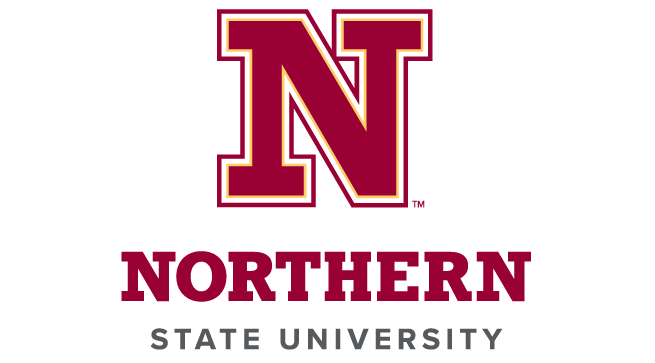Become a CPA in five years at NSU
At Northern State University, earning your degree and preparing for the CPA Exam has never been easier - we've laid out the perfect way to become a CPA, from start to finish.
Years 1-4
You’ll start in our undergraduate accounting degree program, developing the critical thinking and analytical skills needed to manage financial transactions and prepare financial reports - and use those reports to make good, real-world business decisions.
Year 5
Then, as a graduate student in our brand-new master of accounting analytics program, you’ll gain a competitive edge in the high-demand field of analytics - essential in the data-driven business climate. Plus, this master's program is available both online and on campus!
Throughout your education at Northern, you’ll learn from caring, supportive faculty who will share knowledge from their real-world experience.
Get Started
Take the first step toward your dream career - enroll today!
Connecting NSU Students to the Regional Business Community
From advising on industry trends to consulting on curriculum, advisory boards serve as crucial partners to the NSU School of Business.
“Advisory boards are our critical bridge to the business community, not just locally and regionally, but nationally and internationally as well,” said School of Business Dean Dr. Doug Ohmer. “The boards keep us informed on trends in industry, changing and developing needs for the workforce, concerns that industry members have on almost every aspect of business.”
The School of Business has two advisory boards:
- The Business Advisory Board, which serves the Business School as a whole.
- The Banking and Financial Services Advisory Board, which is industry-specific, serving Northern’s B.S. and M.S. programs in Banking and Financial Services.
The boards, which meet once a semester on the NSU campus, consist of business leaders from across the region, including multiple states.
Board members serve as a primary resource for faculty looking for guest speakers, or for a field visit to a local business, Ohmer said.
Some faculty have developed class projects solving an issue for a board member’s business.
“Many of our advisory board members’ businesses provide not only internship opportunities for our students, but also career employment opportunities as well,” Ohmer said. “We’re lucky that some of our advisory board members’ businesses come directly to campus to hold career days and interview students on campus.”
Read more about the impact of the Business Advisory Boards.
